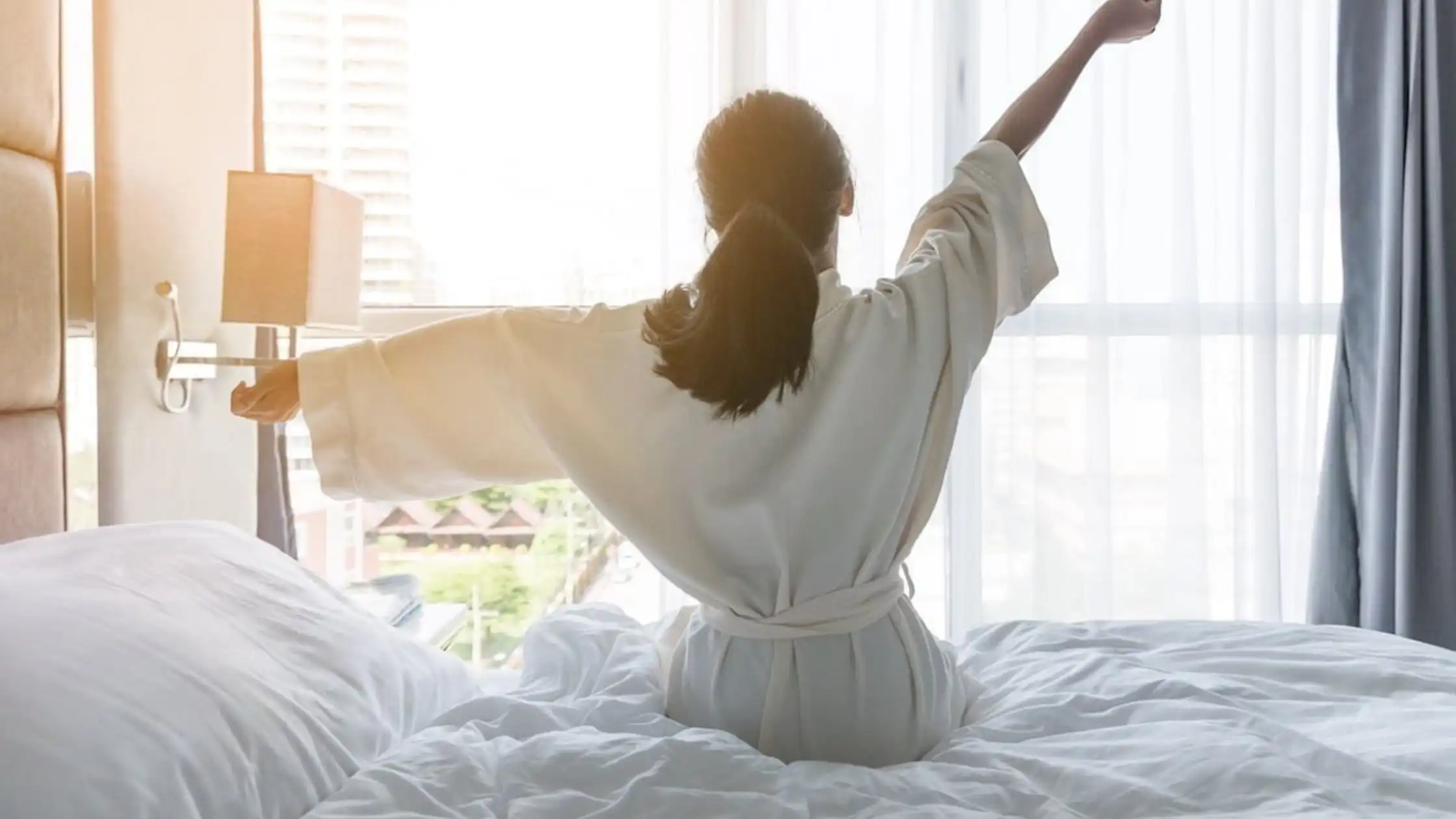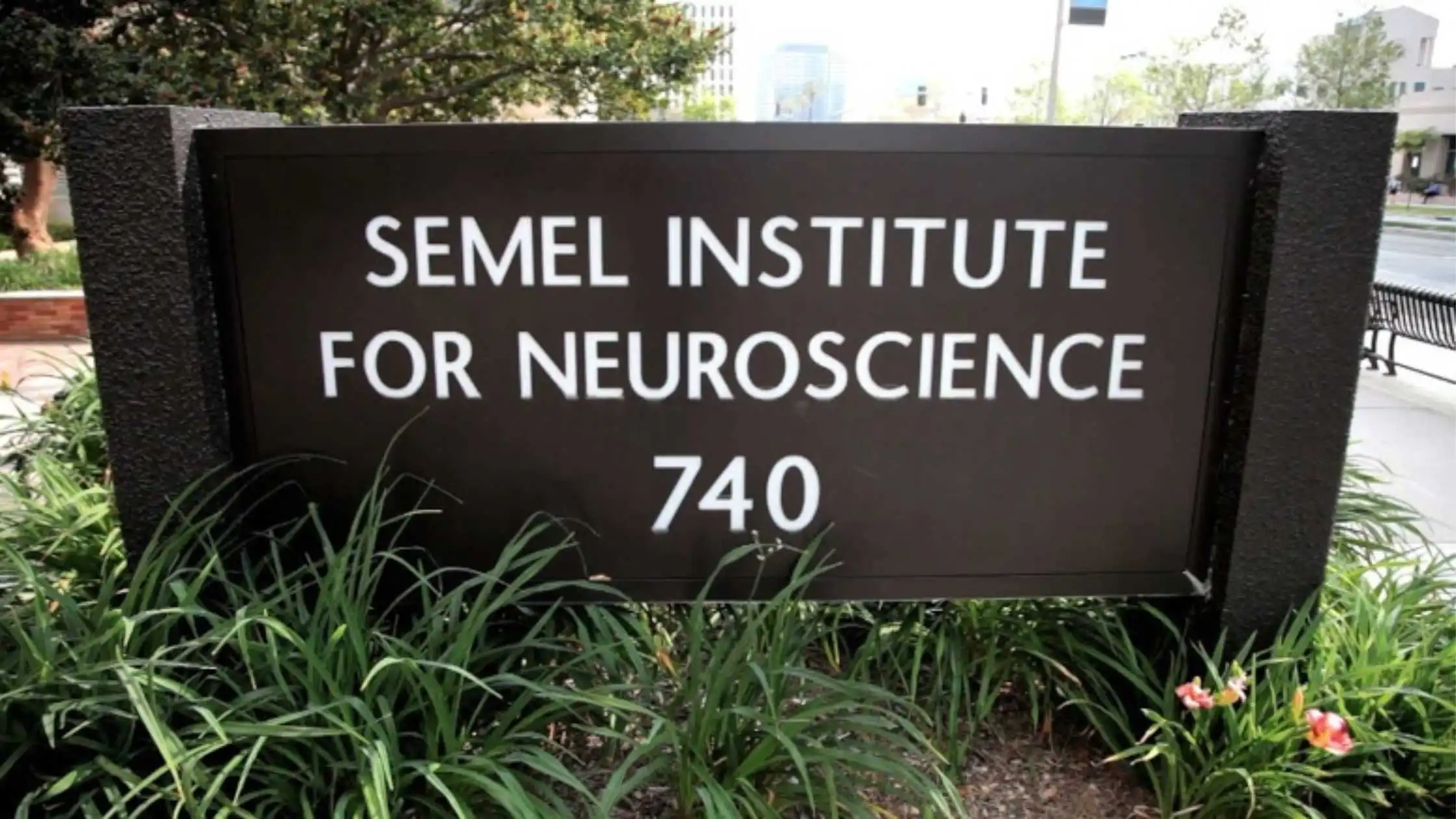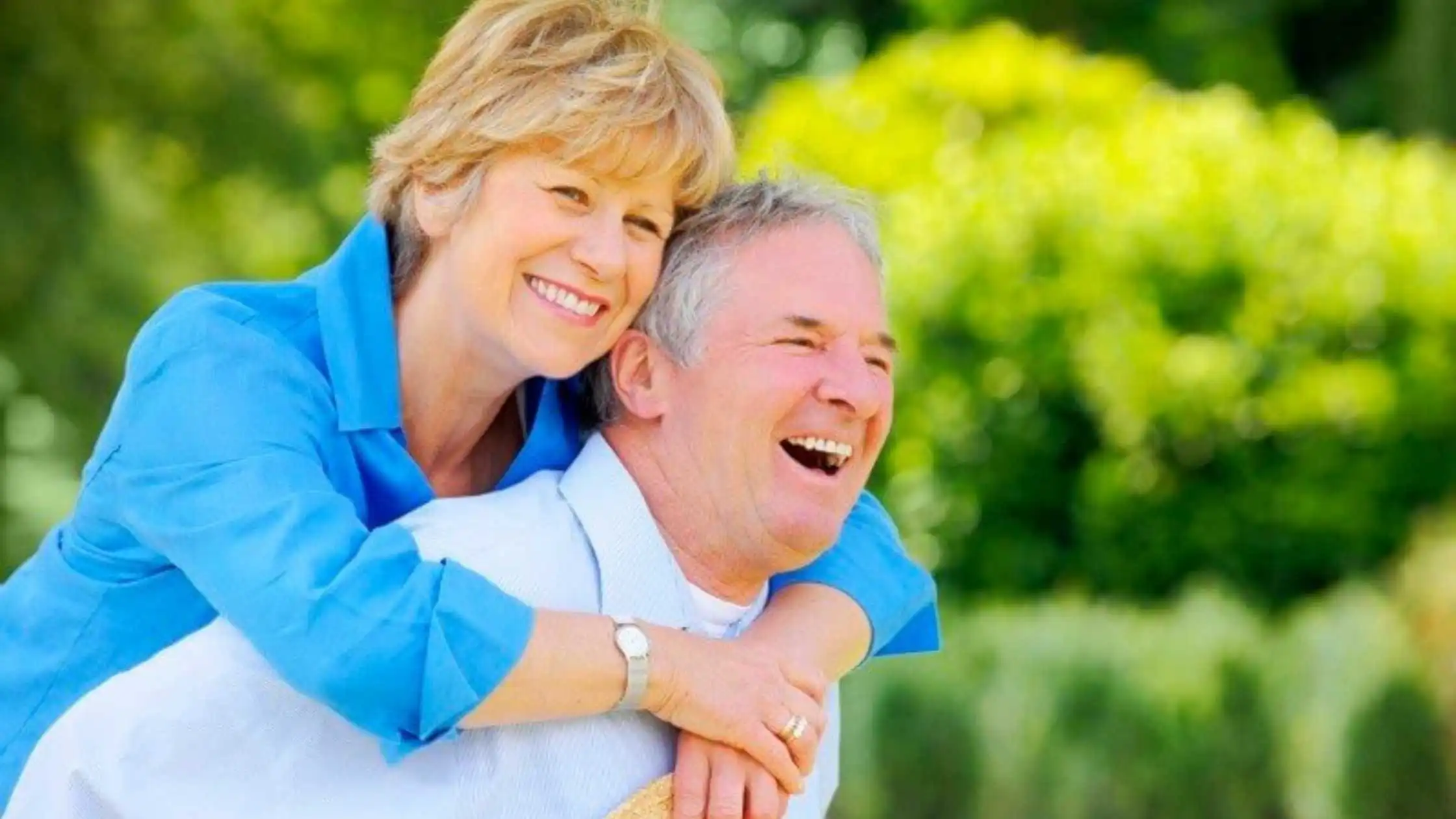On World Sleep Day, Dr Mark Weatherall of Sapphire Medical Clinics explores whether medical cannabis could provide some hope for those who have chronic insomnia.
World Sleep Day (18th March) is the annual celebration of healthy sleeping patterns and the awareness day for sleep disorders.
It comes amid recognition that struggling to fall asleep or lying awake in the middle of the night is a feeling many Brits know all too well – with up to a third of us suffering from insomnia or sleep-related issues at some point in our lives.
And the pandemic has only increased these reports of disturbed sleep, which is not surprising. Whether it’s a side effect of long COVID-19 or the result of ongoing anxiety and grief we’ve been living with, many of our sleep schedules have been off balance.
It’s widely known that lack of sleep can increase the likelihood of a series of health problems – from short-term issues like fatigue and lack of concentration to chronic issues such as depression or diabetes.
While you may have felt you’ve tried everything in the book, Neurologist and sleep expert, Dr. Mark Weatherall at Sapphire Clinics gives his top tips and sheds light on a breakthrough treatment you may not have considered before.
Dr Weatherall says: “There’s usually a journey that people suffering with insomnia go through. In the first instance, we turn to a pharmacist and try over-the-counter medication as a ‘quick fix.’ If that doesn’t help, patients usually start taking more notice of their ‘sleep hygiene patterns,’ which is a crucial and positive step.”
Sleep hygiene refers to anything that helps us unwind and relax before getting our heads down. This includes setting a regular routine like having a warm bath before bed, going to bed at the same time every night, not looking at your phone or a screen two hours before, and avoiding caffeine or high-sugar foods after 4 p.m.
“Often people will struggle to fall asleep as they are still wound up from the day, thinking about work, the traffic on the way home, or the kids, so giving yourself an hour or so to wind down before you get into bed will create a sense of calm and tranquillity. Going to bed when our cortisol levels are still high will not result in a restful night, and lying awake in our beds often makes insomnia worse as we tend to get more stressed out and toss and turn in frustration,” Dr Weatherall continues.
“If you have tried the above with no success, it’s then time to visit your GP, who can help explore what may be causing the lack of sleep. It’s important to remember that while some people do have insomnia that isn’t caused by anything, insomnia cases can be caused by an underlying health condition – the most common being chronic pain and anxiety. We need to treat that rather than dishing our sleeping pills.”
“There are many treatment options available to treat these conditions, from different medications to talking therapy, but if you’ve tried both of these with no success, you may want to consider medical cannabis.”
Medical cannabis was legalized in the UK in 2018 and can only be initiated by a specialist doctor. Family doctors can refer patients to a specialist doctor, or patients can self-refer to a specialist clinic such as Sapphire Clinics. Specialists can start cannabis-based medicinal products (CBMPs) if licensed treatments have been tried without providing adequate symptom relief.
“A study recently published the clinical outcomes of patients within the UK Medical Cannabis Registry, demonstrating CBMPs to be associated with positive changes following treatment. This included sleep-specific and anxiety outcome data. Furthermore, a recent randomized clinical trial of CBMPs for the treatment of chronic insomnia over two weeks demonstrated improvement in insomnia symptoms and sleep quality, and we look forward to seeing further research into this area in the near future.”
Disclaimer: https://cannabishealthnews.co.uk/2022/03/18/sapphire-world-sleep-day-hope-at-last-for-those-suffering-chronic-insomnia





